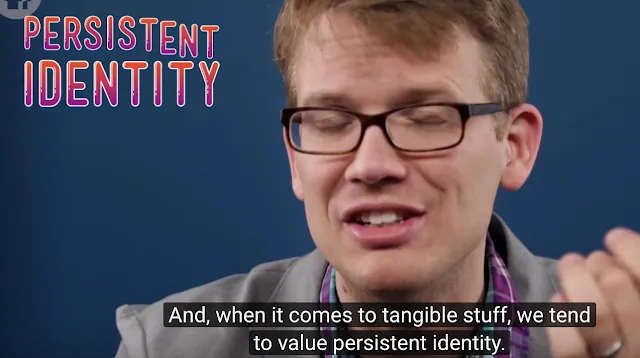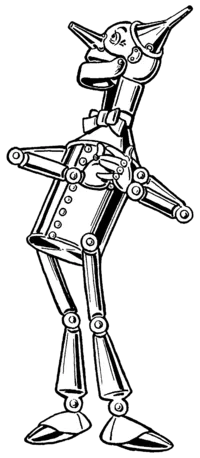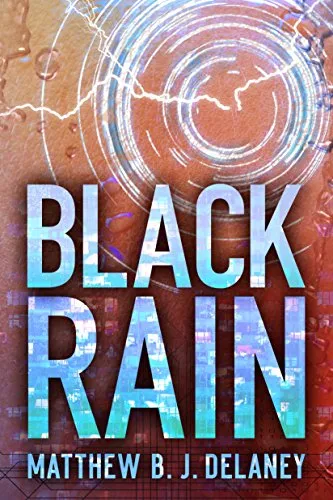Last Tuesday, Next Big Future gave their take on Keith Wiley's and Randal Koene's paper The Fallacy of Favoring Gradual Replacement Mind Uploading Over Scan-and-Copy.

In the paper, Wiley and Koene take on the detractor claim colloquially stated as “Even if scan-and-copy did work, it still wouldn’t be me, just a copy” with the argument
Mind uploading speculation and debate often concludes that a procedure described as gradual in-place replacement preserves personal identity while a procedure described as destructive scan-and-copy produces some other identity in the target substrate such that personal identity is lost along with the biological brain. This paper demonstrates a chain of reasoning that establishes metaphysical equivalence between these two methods in terms of preserving personal identity.
We were preparing a reply when, on Saturday, Next Big Future presented another post Identity, the Prestige and Mind Uploading that included several of the additional philosophical references that we had found (Plutarch's ship of Theseus -- although they overlooked Lincoln's axe -- and the excellent 2006 movie The Prestige) and attempted to get much more deeply into the concept of identity by discussing the philosophical points of essential and accidental properties. We thought that they were starting down the correct road when they discussed the value of persistent identity but they immediately went off-track by discussing it solely from the perspective of the individual.

To us, the critical cases to consider are when the scan is non-destructive and/or when multiple copies can be made with the same scan. You can argue forever whether the Captain Kirk that stepped into the transporter is the same individual as the one who materializes on the planet (see also Davidson's Swampman) but what does SOCIETY do when Will Riker re-materializes on *both* the Enterprise and the planet (or Kirk is split into a good half and an evil half and cannot be recombined)? Gradual replacement doesn't create the possibility of multiple copies -- scan and copy clearly does.
There is also the case where the new substrate is different enough (whether due only to the relative speeds between the old and new substrate -- or also due to the removal of all biochemical and other bodily effects upon the brain) that the personality will rapidly change post-transfer. In order to predict and trust, SOCIETY needs (at least) to see relatively stable personality and set of behaviors.
Clearly, the best analogy to uploading is the survival of Nick Chopper as the Wizard of Oz's Tin Woodman

And to understand just some of the multitudinous problems likely to be caused by copying (with varying levels of fidelity) or creating people, one really should to read or see any/all of
- David Brin's 2002 book Kiln People,
- Orphan Black, or
- the new Amazon Best-Seller Black Rain
